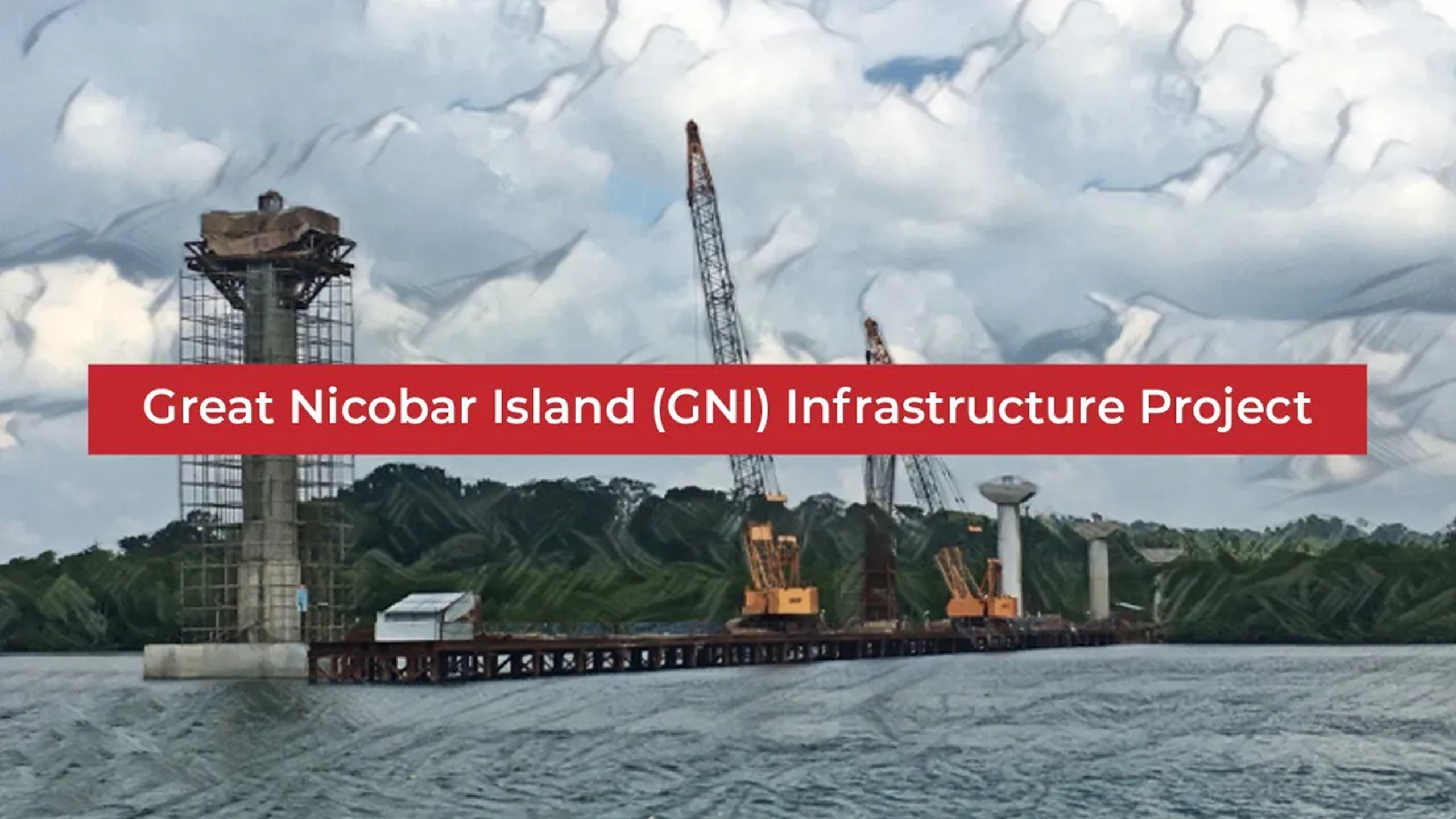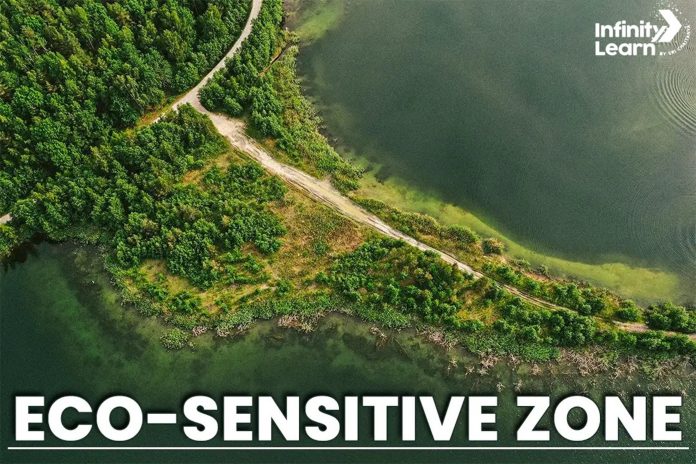- As you are aware, the environmental degradation courtesy of developments around the world has led to a situation wherein all of us are affected in more than one way grappling with the consequences in the form of weather vagaries. Consequently, the universe is witnessing erratic weather patterns leading to unseasonal rains, snows, droughts, famines, heat, and some such phenomena hitherto invisible. The steady weather patterns of yore have been replaced by La Nina and El Nina induced vagaries that have shaken up the global community like never before. Carbon emissions have reached dangerous levels necessitating some comprehensive mitigating measures to reduce the growing temperatures around the world.

PC: Guinness World Records
- Has it yielded any palpable results is a question that will go unanswered for now. Of course, the government authorities must play a fine balancing role in ensuring the needs of the present-day generation are met in commensurate with the growing aspirations pushing the economic activity to kick off perpetually. While keeping the growth aspect in mind is imperative for modern-day governments, they also need to contend with the ecologically fragile regions giving way to avoidable disasters and catastrophes. As such, it is incumbent that more thought must go into building a major project in a fragile ecosystem. Several such incidents have happened in the Indian context over the last two decades. The Union/State governments must be diligent here.
- Look at how the environment ministry recently has gone about the Great Nicobar naval complex being envisaged. Has the ministry’s assurance about the impact been reassuring? The project being planned with an eye on the crucial maritime chokepoint Malacca Strait, boasts geostrategic potential. It ensures India can control vital shipping lanes, protect sealanes of communication, counterbalance Beijing’s expansion in the Indian Ocean, and curb Myanmar’s poaching of marine resources. The national value of security imperative aside, the question often raised has been, do the benefits outweigh ecological and social costs, and the vulnerability of the expensive project that’ll sit atop a seismic zone? Unambiguously, the conservation concerns are inarguable.

PC: Gokulam Seek IAS
- Moreover, the top priority must equally be to ensure the security of the naval complex from earthquakes. Ministry statements that no seismic activity like the 2004 great earthquake/tsunami is expected in the region for 420-750 years are puzzling. The Andaman and Nicobar Islands are located in a highly active tectonic zone, at the intersection of major plate boundaries, continuously accumulating stress. Given the area’s seismic history and geological setting, the probability of no significant seismic event over such a long period as 420-750 years is low, experts opine. For seismology and disaster preparedness, scientists advise planning for the possibility of major events, rather than assuming they won’t occur. We need to rethink the project here.






